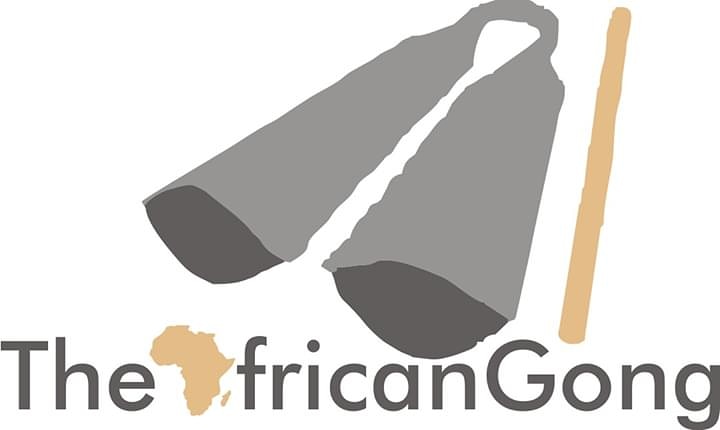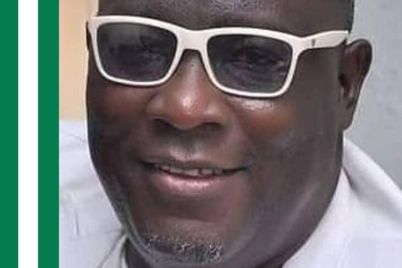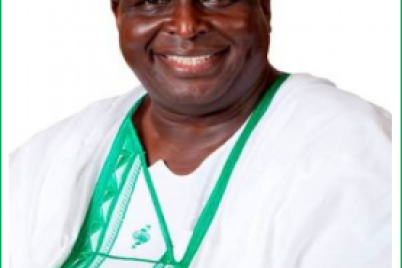From Segun Awofadeji in Bauchi
OXFAM International in Nigeria,a Non- Governmental Organisation(NGO) has declared that women are the most vulnerable and marginalised and experience the deepest impacts of climate change than their menfolk
The NGO also disclosed that Nigeria is not doing enough when it comes to fighting for the rights of women.
This was disclosed by the Oxfam-Line Project Coordinator for Bauchi, Mr Samuel Lashom while celebrating the 2022 International Women’s Day (IWD) with over 500 girls of the Bill and Melinda Gate College of Health Technology Ningi, Bauchi yesterday.

According to him, “Nigeria is not doing enough. One of the setbacks that we have just witnessed was the bill that the National Assembly just kicked out, and for us, I think this is one major setback that organisation like Oxfam are worried about”.
He said that the international Women’s Day has given them an opportunity to call on the attention of all the stakeholders to come back to the discussion around women equality and also ensuring gender equality.
The Coordinator said Oxfam have over the years worked towards ensuring that the rights of women are protected, given a voice and also included in decision making level both at the household and community levels by giving them fair chance in all fields of endeavours.

Also speaking, the Oxfam Gender focal person-Line Project, Zulai Abdulmalik said that the day was set aside in order to celebrate women across the globe.
She said that the 2022 international Women’s Day is aimed at recognizing the contribution of women and girls around the world who are leading the charge on climate change adaptation, mitigation, and response, to build a more sustainable future for all.
“The year 2022 is pivotal for achieving gender equality in the context of climate change, environmental and disaster risk reduction which are some of the greatest global challenges of the twenty-first century”, she noted
“Without gender equality today, a sustainable future, and an equal future, remains beyond our reach”, she quoted UN Women as saying.
“The issues of climate change and sustainability have had and will continue to have severe and lasting impacts on our environment, economic and social development”, she said.
The focal person-Line Project maintained that those who are amongst the most vulnerable and marginalized, experience the deepest impacts, adding that women are increasingly being recognized as more vulnerable to climate change impacts than men.
Zulai pointed out that women and girls are at the same time effective and powertial leaders as well as change-makers for climate adaptation and mitigation who are involved in sustainability initiatives around the world.
The focal person who added that women participation and leadership results in more effective climate action reiterated the need for a continued support, examining the opportunities as well as the constraints to empower them to have a voice and be equal players in decision-making related to climate change.
“Sustainability is essential for sustainable development and greater gender equality. Without gender equality today, a sustainable future, and an equal future, remains beyond our reach”, she said.
Zulai further said that women and girls experience the greatest impacts of the climate crisis as it amplifies existing gender inequalities and put their lives and livelihoods at risk.
“Without the inclusion of half of the world’s population, it is unlikely that solutions for a sustainable planet and a gender equal world tomorrow will be realized”, she feared.
Our Correspondent reports that stakeholders that graced the occasion include, traditional and religious leaders, CSOs, women and girls among others who called for women inclusiveness in decision making bodies.


